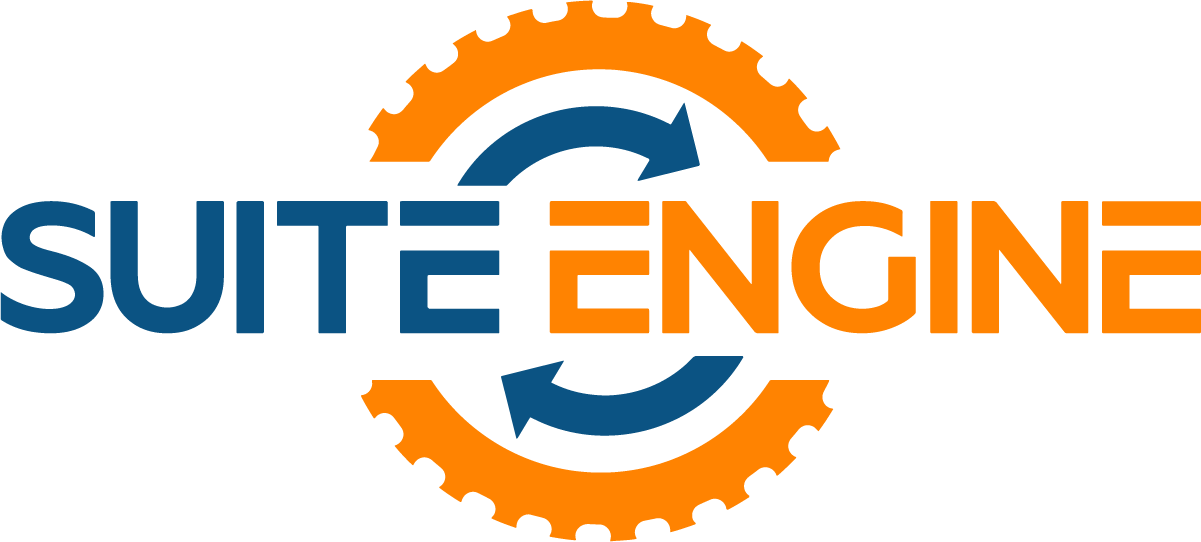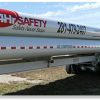Before the Demo: Your Essential DMS Evaluation Guide –
5 Critical Questions Every Equipment Dealer Must Ask Before Investing –
Selecting the right Dealer Management System (DMS) for your equipment dealership goes far beyond comparing features on a spec sheet. It’s a strategic business decision that will impact your operations, growth trajectory, and competitive position for years to come. With rental management, equipment sales, service operations, and parts inventory to coordinate—often across multiple locations—the stakes couldn’t be higher.
Whether you’re evaluating the limitations of your current system or researching new solutions, this guide provides the essential framework for making an informed decision that drives long-term success.
1. Does Your DMS Deliver True Operational Integration?
The Reality Check: Your DMS should seamlessly manage rentals, sales, service, and parts from a unified platform. But here’s the crucial question: Does it also integrate accounting, inventory management, CRM, and business intelligence without requiring separate software solutions?
What to Look For:
- Built-in financial management (not QuickBooks integration)
- Real-time inventory visibility across all locations
- Unified customer data throughout the sales and service cycle
- Integrated reporting that spans all operational functions
Why It Matters: As we’ve detailed in our comprehensive guide to fully integrated DMS systems, dealers using fragmented systems waste countless hours on manual data entry and reconciliation. A truly integrated solution eliminates these inefficiencies while providing the 360-degree operational visibility that modern dealerships require.
Strategic Advantage: Look for solutions built on modern ERP foundations like Microsoft Dynamics 365 Business Central, which deliver complete integration without the security risks and additional costs of multiple software platforms.
2. Will Your Team Actually Use It Daily?
The User Experience Factor: A system is only as effective as its adoption rate. Modern, intuitive interfaces don’t just improve productivity—they’re essential for successful implementation and long-term success.
Key Performance Indicators:
- Gallup reports organizations that prioritize employee experience see a 21% increase in profitability
- Nielsen Norman Group research shows well-designed interfaces reduce cognitive load, directly enhancing employee performance and satisfaction
Evaluation Criteria:
- Intuitive navigation that requires minimal training
- Mobile-responsive design for field operations
- Role-based dashboards that surface relevant information
- Consistent user experience across all modules
Implementation Impact: User-friendly systems accelerate onboarding, reduce training costs, and improve long-term adoption rates—critical factors in maximizing your DMS investment ROI.
3. Can It Scale With Your Business Growth?
The Growth Challenge: Your DMS must evolve with your organization whether you’re adding locations, expanding service offerings, or increasing fleet size. The wrong system can become a growth bottleneck that requires expensive overhauls.
Scalability Essentials:
- Modular architecture that supports feature expansion
- Multi-location capabilities with centralized management
- Flexible user licensing that grows with your team
- Performance that maintains speed as data volume increases
Cost Considerations: As outlined in our DMS implementation guide, choosing a scalable platform prevents the need for costly migrations and reduces long-term total cost of ownership.
Strategic Planning: Evaluate not just your current needs, but your 3-5 year growth projections. A system that requires major rework as you expand will ultimately cost more than investing in the right solution from the start.
4. Does It Integrate With Your Essential Business Tools?
The Integration Imperative: Your DMS should connect seamlessly with Microsoft 365, customer portals, manufacturer systems, and other critical business tools. The goal is eliminating double data entry and disconnected workflows.
Integration Benefits:
- RingCentral research shows employees waste up to 32 days per year switching between poorly integrated systems
- Automated data synchronization reduces errors and improves accuracy
- Streamlined workflows increase operational efficiency
Essential Integrations:
- Financial reporting and analytics tools
- Manufacturer warranty and parts systems
- Email and document management systems
- Customer self-service portals
Technical Considerations: Prioritize solutions with robust APIs and pre-built connectors to minimize integration complexity and ongoing maintenance requirements.
5. What’s the Long-Term Partnership Potential?
Beyond the Sale: Your DMS provider should offer industry-specific expertise, regular system updates, and a clear product roadmap. This isn’t just a software purchase—it’s a long-term business partnership.
Partnership Evaluation:
- Industry experience and equipment dealer specialization
- Responsive support with knowledgeable technicians
- Regular feature updates and system enhancements
- Clear communication about product direction and improvements
Risk Mitigation: Choose providers who understand equipment dealership operations, not generic software vendors treating your business like any other client. Industry expertise translates to better support, more relevant features, and solutions that anticipate your needs.
Future-Proofing: A strong technology partner continuously evolves their platform based on industry trends and customer feedback, ensuring your investment remains valuable over time.
Making Your Decision: Beyond the Demo
Your DMS evaluation shouldn’t end with impressive demo presentations. The right system will transform your operations, eliminate departmental silos, and create the foundation for sustainable growth. By systematically addressing these five critical areas, you’ll move beyond surface-level comparisons to make a strategic decision that serves your dealership for years to come.
Remember: A thoughtful evaluation process today prevents operational roadblocks tomorrow. Your DMS should be a strategic advantage that drives growth, not just another system to manage.
Ready to Experience the Difference? At Suite Engine, we combine cutting-edge Microsoft technology with deep equipment industry expertise to deliver RPM—specifically designed for rental equipment dealerships. Our fully integrated platform eliminates operational silos while providing the scalability and user experience that modern dealerships demand.
Schedule your personalized demo today and discover why industry leaders choose Suite Engine for their DMS solution.
Related Resources:
- Evaluating a DMS: The Complete Integration Guide
- Successful DMS Implementation: What You Need to Know
- Protecting Your DMS Data with Integrated Systems
SUITE ENGINE | We connect your business with modern software from Microsoft.
Simplified processes. All in one place.
Equipment Management | Production Builders | and more …






